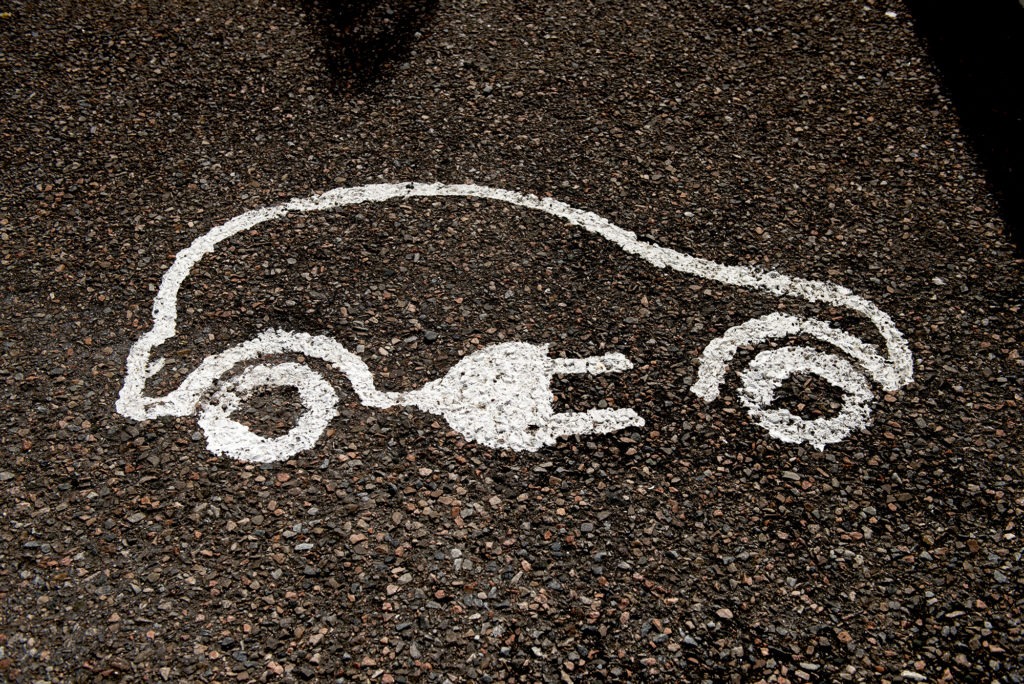Liberty Global plans to use telecoms network for EV charging
29 January 2019

29 January 2019
Telecoms company Liberty Global is to start using its cable ducts under residential streets to install kerbside electric vehicle (EV) charging points in the UK.
The company, which owns the Virgin Media brand, will test the concept at a number of sites before deciding if and when it can roll out the programme nationwide. It is the latest example of telecoms companies using their existing infrastructures to become involved in EV charging.
As part of the UK’s clean air strategy, the country is planning to ban the sale of petrol and diesel internal combustion engine vehicles from 2040, which it hopes will boost the sale of EVs. However, to ensure there is a charging infrastructure in place, the UK Government is investigating alternative charging point sources such as lampposts. Using the telecoms network also makes use of existing energy deployment.
Liberty Global will test how its Virgin Media street cabinets, fibre and subterranean duct network could be used to embed charging points in residential streets. The cabinets are already powered and could be used to roll out thousands of charging points across the country.
Last year, German network provider Deutsche Telekom announced plans to tap into its existing infrastructure. The company will convert boxes in the cities of Bonn and Darmstadt, making use of interchange boxes found on residential streets to allow drivers an additional place to charge EVs. Should the initial trial be successful, the company hopes to convert boxes nationwide.
The Financial Times reports that Liberty Global will look to collaborate with hardware companies specialising in charging points rather than converting its 40,000 street cabinets. The company expects to have four to six trials running by Easter with the first launched in Southwark, London, with start-up Connected Kerb by the end of the month.
It is in talks with some other companies including Streetplug and JuiceNet, part of Enel, which would give the Italian energy provider the opportunity to boost its EV charging plans. The company is also planning to invest up to €300 million to install 14,000 charging stations in Italy by 2022.
Autonomous future
The move to use telecoms infrastructure to charge EVs also gives Liberty an opportunity to take advantage of future vehicle technology, especially driverless vehicles.
Plugging into a broadband connection, vehicles can download information using Virgin’s fibre broadband, update maps and transfer data which could be valuable to other businesses. It is expected that data links from such vehicles could dwarf that consumed by smartphones in the years ahead.
Liberty is closely connected with the electric vehicle market. It is a stakeholder in the Formula E electric racing championship, where Virgin is also a team sponsor, believing the cleaner racing promoted by the series will help the promotion of environmentally friendly technologies.
Virgin Media has received some funding from Innovate UK, the Government’s innovation agency, to pioneer the charging system as part of an emissions reduction plan.